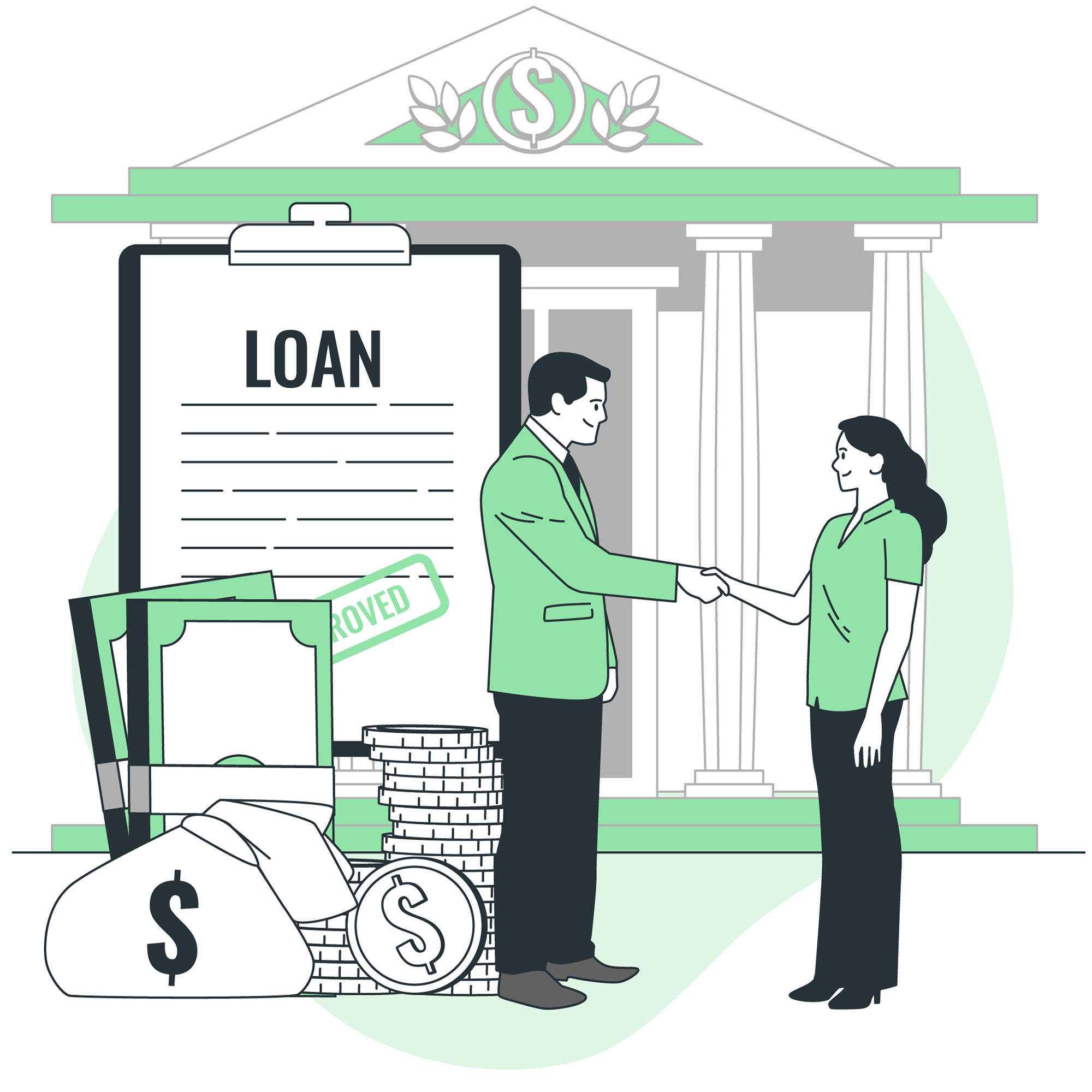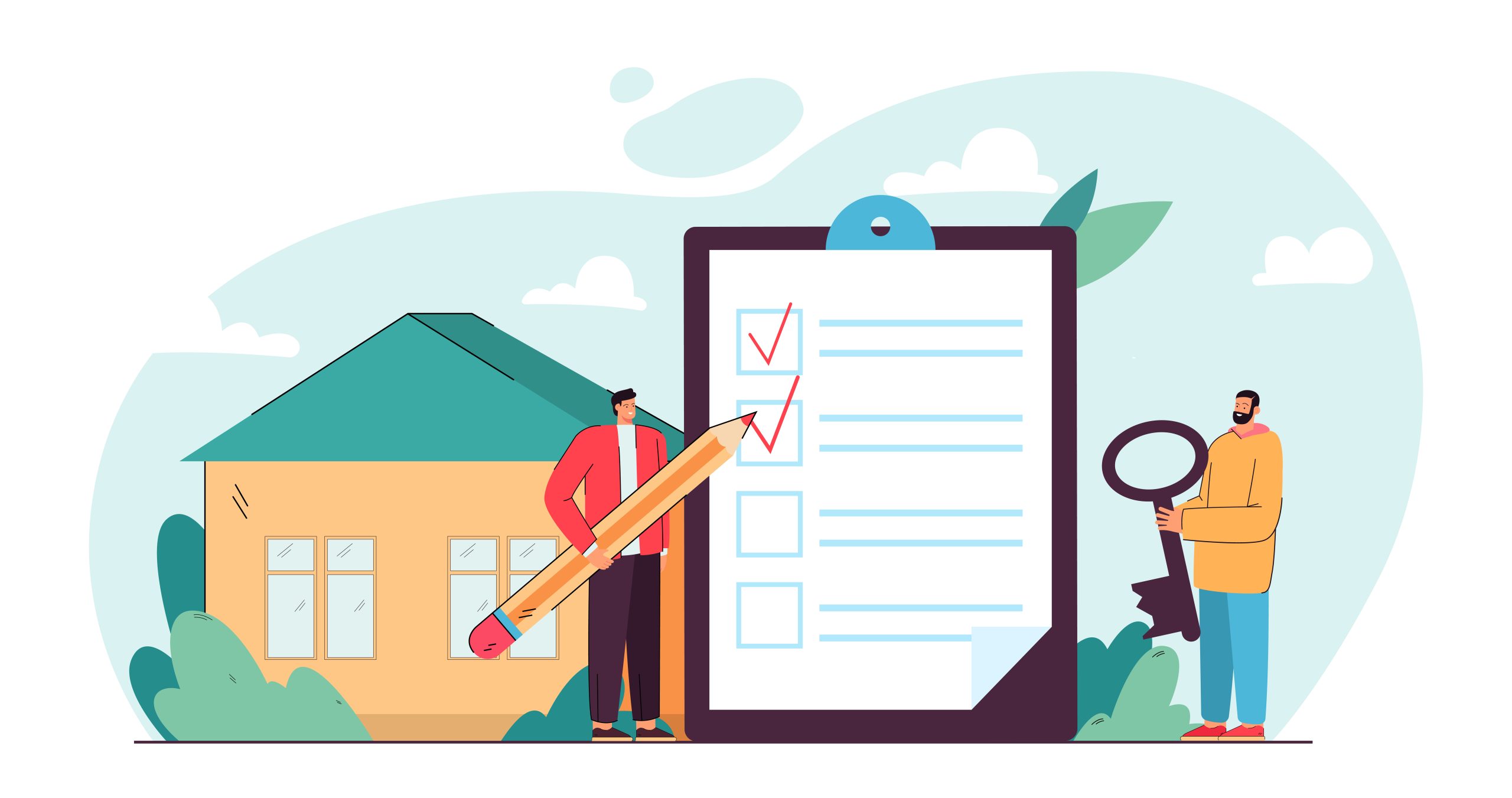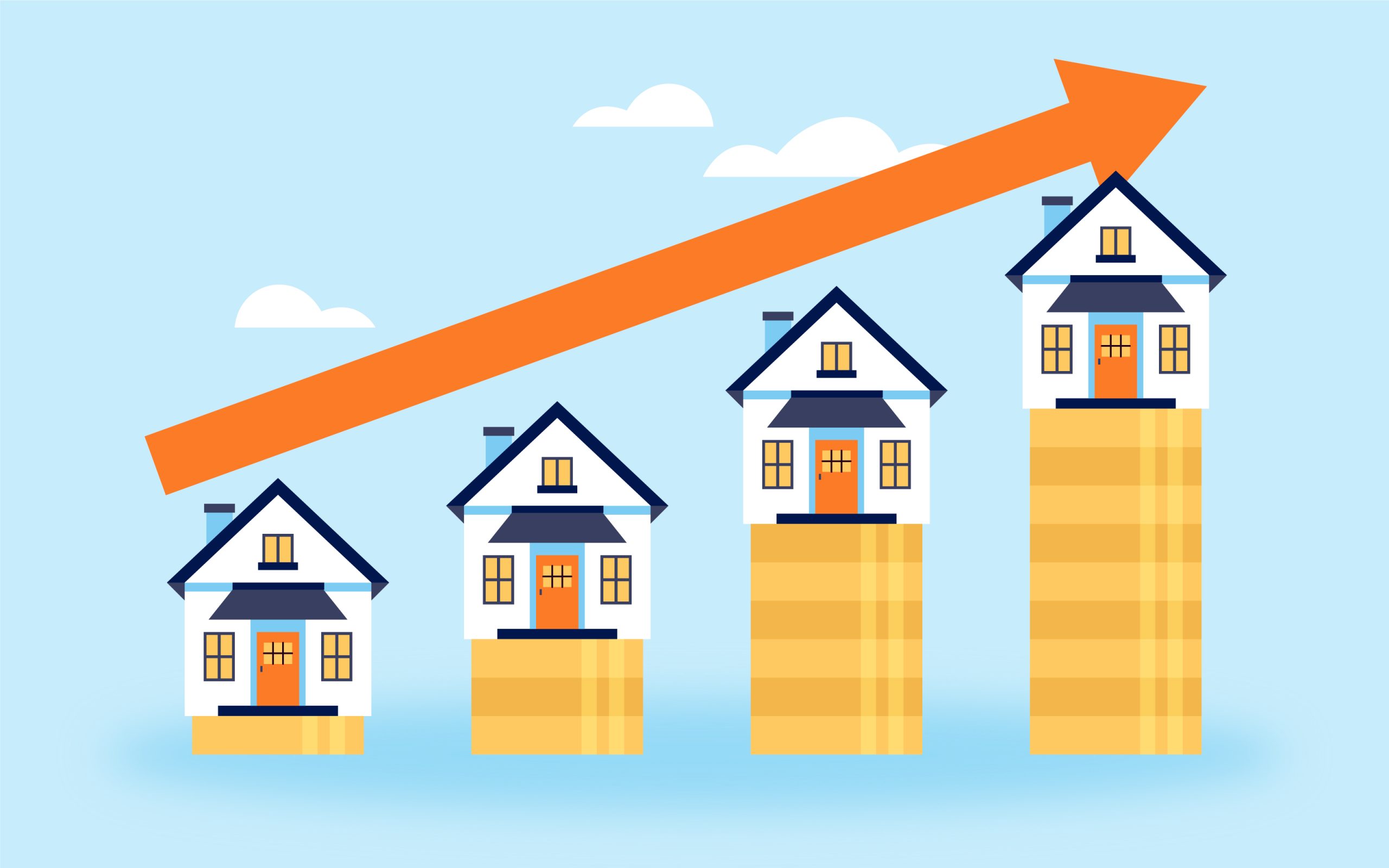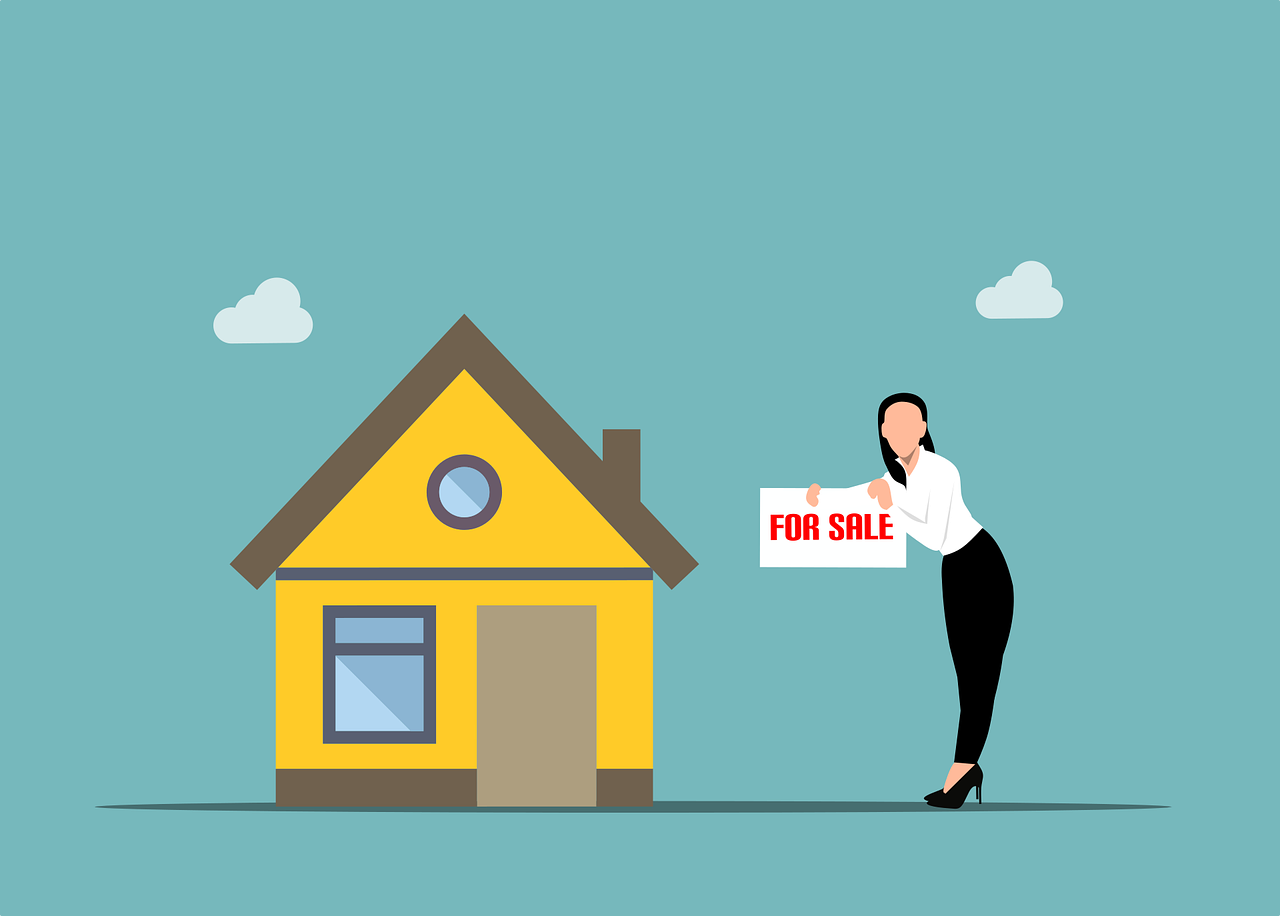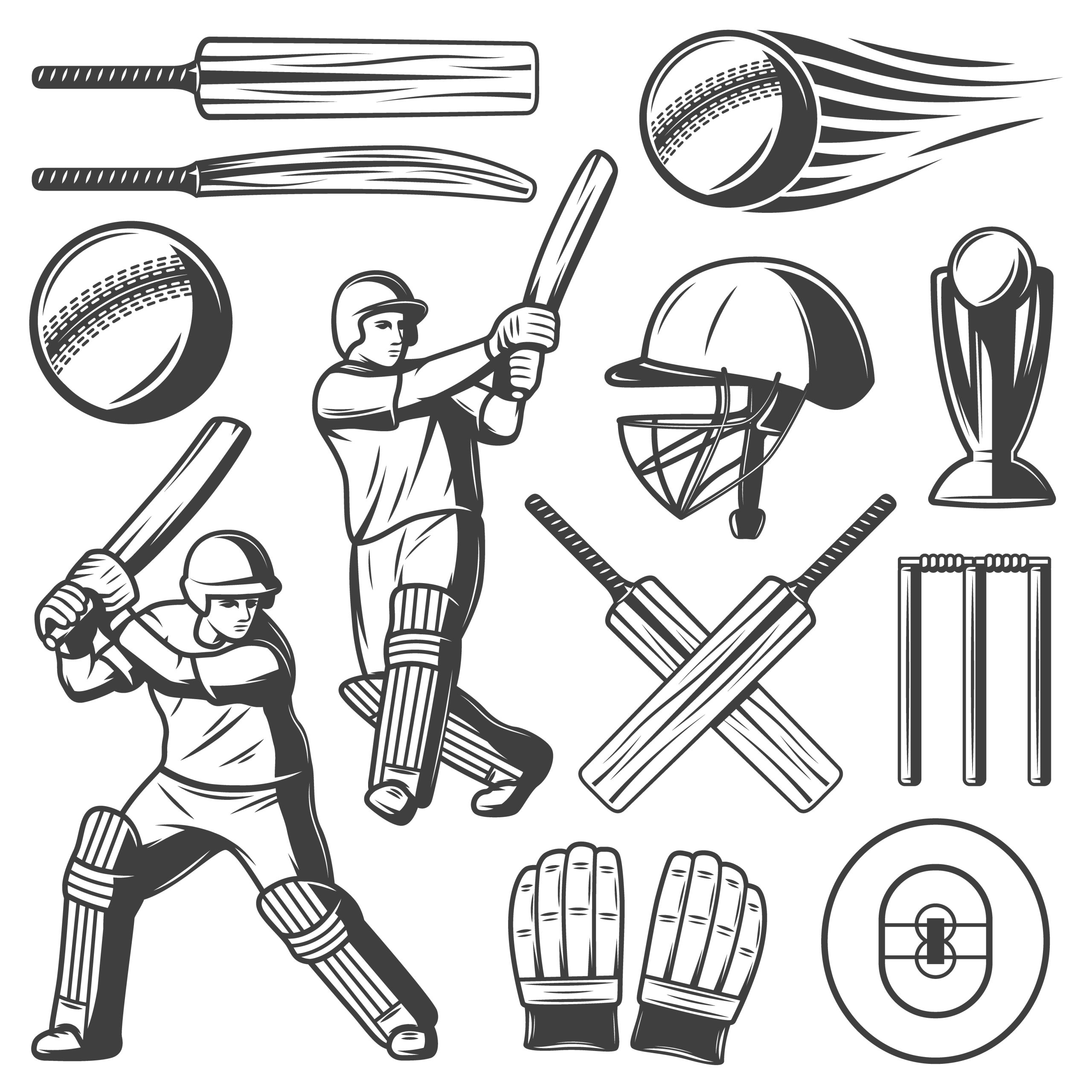Embarking on the journey to homeownership is both thrilling and overwhelming, especially when navigating the myriad of financing options available. One of the most popular routes is the conventional mortgage, known for its flexibility and attractive terms. If you’re considering a conventional mortgage, this guide will walk you through everything you need to know to make an informed decision. Let’s dive in!
1. What is a Conventional Mortgage?
A conventional mortgage is a home loan that is not insured or guaranteed by any government entity, such as the Federal Housing Administration (FHA), the Department of Veterans Affairs (VA), or the USDA Rural Housing Service. These loans are typically offered by private lenders, including banks, credit unions, and mortgage companies.
Conventional mortgages come in two main types:
- Conforming Loans: These meet the guidelines set by Fannie Mae and Freddie Mac, including maximum loan limits. For 2024, the conforming loan limit for a single-family home is $726,200 in most areas, but it can be higher in high-cost regions.
- Non-Conforming Loans: These do not meet the Fannie Mae and Freddie Mac guidelines and are often referred to as jumbo loans. They are typically used for higher-value properties.
2. Advantages of a Conventional Mortgage
Conventional mortgages offer several benefits that make them a popular choice among homebuyers:
- Lower Interest Rates: Borrowers with strong credit scores and a solid financial history often qualify for lower interest rates compared to government-backed loans.
- Flexible Terms: Conventional loans come with various term lengths, typically ranging from 10 to 30 years, allowing borrowers to choose a repayment schedule that fits their financial situation.
- No Mortgage Insurance for Large Down Payments: If you can put down at least 20% of the home’s purchase price, you can avoid paying private mortgage insurance (PMI), which can save you a significant amount over the life of the loan.
- Variety of Property Types: Conventional loans can be used to purchase various types of properties, including primary residences, second homes, and investment properties.
3. Qualifying for a Conventional Mortgage
Qualifying for a conventional mortgage typically requires a stronger financial profile than government-backed loans. Here are the key criteria:
- Credit Score: Most lenders require a minimum credit score of 620, but a higher score (700 or above) can help you secure better interest rates.
- Down Payment: While you can get a conventional loan with as little as 3% down, a down payment of 20% or more can help you avoid PMI and reduce your monthly payments.
- Debt-to-Income Ratio (DTI): Lenders prefer a DTI ratio of 36% or less, though some may accept higher ratios with compensating factors.
- Stable Income and Employment: You’ll need to provide proof of stable income and employment, typically through pay stubs, tax returns, and bank statements.
4. The Application Process
Applying for a conventional mortgage involves several steps, from pre-approval to closing. Here’s a step-by-step overview:
- Pre-Approval: Before you start house hunting, get pre-approved by a lender. This involves a preliminary review of your financial situation to determine how much you can borrow.
- House Hunting: With a pre-approval letter in hand, you can start looking for a home within your budget.
- Making an Offer: Once you find the perfect home, you’ll make an offer to the seller. If accepted, you’ll move on to the loan application process.
- Loan Application: Complete a full mortgage application with your lender, providing all necessary documentation.
- Appraisal and Inspection: The lender will order an appraisal to determine the home’s value, and you should also have the home inspected to uncover any potential issues.
- Underwriting: The lender’s underwriter will review your application, financial documents, and the appraisal report to ensure everything meets their criteria.
- Closing: If the underwriter approves your loan, you’ll proceed to closing, where you’ll sign the final paperwork and pay any closing costs. Once completed, you’ll receive the keys to your new home!
5. Tips for Securing a Conventional Mortgage
Here are some tips to improve your chances of securing a conventional mortgage with favorable terms:
- Improve Your Credit Score: Pay down debts, avoid opening new credit accounts, and correct any errors on your credit report.
- Save for a Larger Down Payment: A larger down payment can lower your interest rate and eliminate the need for PMI.
- Reduce Your Debt-to-Income Ratio: Pay off existing debts and avoid taking on new ones before applying for a mortgage.
- Get Pre-Approved: A pre-approval letter shows sellers you’re a serious buyer and can give you an edge in competitive markets.
- Shop Around: Compare offers from multiple lenders to find the best rates and terms for your situation.
Conclusion
A conventional mortgage can be an excellent option for homebuyers who meet the qualification criteria and want flexible terms with competitive interest rates. By understanding the requirements and following the steps outlined in this guide, you’ll be well on your way to securing a conventional mortgage and achieving your dream of homeownership. Remember to stay informed, be diligent in your financial preparations, and enjoy the journey to your new home!
FAQ
What is the difference between a conventional mortgage and a government-backed loan?
A conventional mortgage is not insured or guaranteed by the government, while government-backed loans (such as FHA, VA, and USDA loans) are. Conventional loans typically require higher credit scores and larger down payments but offer more flexibility and potentially lower interest rates for qualified borrowers.
How much down payment is required for a conventional mortgage?
You can get a conventional mortgage with as little as 3% down, but a down payment of 20% or more can help you avoid private mortgage insurance (PMI) and reduce your monthly payments.
What credit score do I need for a conventional mortgage?
Most lenders require a minimum credit score of 620 for a conventional mortgage. However, a higher score (700 or above) can help you secure better interest rates and terms.
Can I use a conventional mortgage for an investment property?
Yes, conventional mortgages can be used to purchase various types of properties, including primary residences, second homes, and investment properties.
What are the typical closing costs for a conventional mortgage?
Closing costs for a conventional mortgage typically range from 2% to 5% of the loan amount. These costs can include appraisal fees, title insurance, attorney fees, and more.






